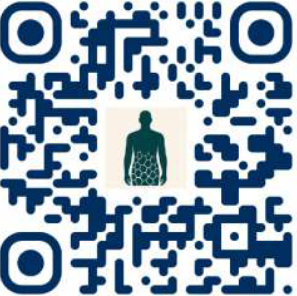
Passive-aggressive behaviour erodes trust, stifles collaboration, and damages productivity. Unlike open conflict, which at least allows issues to be addressed, passive-aggression festers beneath the surface, creating resentment and disengagement. Left unchecked, it can derail even the most competent teams.
The good news? With the right interventions, teams can move towards healthier interactions.
Understanding Passive-Aggressive Behaviour
Passive-aggressive behaviour includes
💥withholding information,
💥avoiding difficult conversations,
💥backhanded compliments,
💥procrastination as resistance,
💥or subtly undermining colleagues.
Dr Timothy A. Pychyl, in Solving the Procrastination Puzzle, highlights that passive-aggression often stems from avoidance - a reluctance to address uncomfortable emotions.
In a team setting, this undermines psychological safety, a key factor in high performance, as outlined by Amy Edmondson in The Fearless Organization.
The Impact on Teams and Collaboration
When passive-aggression dominates, distrust grows. Team members hesitate to collaborate and work defensively, reducing efficiency and innovation. Patrick Lencioni, in The Five Dysfunctions of a Team, identifies lack of trust as a foundation of dysfunction. Without trust, open dialogue is impossible.
Research underscores the costs of workplace conflict, much of which stems from passive-aggressive behaviours:
📊CPP Global Study (2008): Employees spend 2.8 hours per week managing conflict, costing U.S. businesses $359 billion annually in lost productivity.
📊2022 Workplace Research: A survey of 2,000 employees found 69% reported passive-aggression as a workplace issue, with 48% noting an increase since COVID.
📊Myers-Briggs Conflict Report (2021): Post-COVID workplace tensions, particularly around remote work, have intensified conflict.
What Needs to Shift?
To move beyond passive-aggression, teams must foster:
✅Open Dialogue: Encouraging open conversations where concerns can be addressed constructively. Psychological safety allows team members to speak without fear.
✅Emotional Intelligence: Self-awareness and self-regulation, as highlighted by Daniel Goleman in Emotional Intelligence, help prevent reactive behaviours.
✅Clear Expectations & Accountability: Leaders must set communication norms and hold teams accountable.
✅Constructive Feedback: Timely, respectful feedback prevents passive-aggression from taking root.
The Role of a Team Coach
A skilled coach helps teams:
🔘Identify Dysfunctional Patterns – Surfacing hidden tensions and providing insights.
🔘Facilitate Honest Conversations – Creating safe spaces for addressing conflict.
🔘Develop Conflict Resolution Skills – Encouraging healthy debate instead of passive resistance.
🔘Rebuild Trust – Guiding teams toward more effective collaboration.
A Better Future for Teams
Passive-aggression need not define a team’s culture. By fostering transparency, emotional intelligence, and accountability, teams can transform into high-functioning, collaborative units. With the support of a team coach, this shift becomes not only possible but sustainable, leading to a workplace where individuals feel valued, communication is open, and success is shared. Reach out if this is a conversation you’d like to explore.
